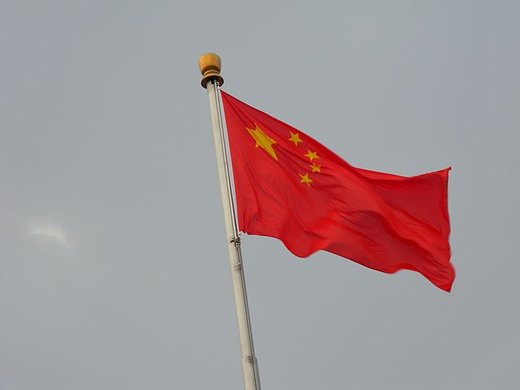24 July 2013
In what appears to be a crackdown on the misuse of public funds, authorities in China have banned the building of any new government buildings for the next five years.
Reported as a “frugality campaign”, the directive, issued yesterday by the General Office of the Communist Party of China (CPC) Central Committee and the General Office of the State Council, the directive said some departments and localities have built government office compounds in violation of regulations, Xinhua reports.
The ban also covers expensive structures built as training centres or hotels.
The directive called on all CPC and government bodies to be frugal and ensure that government funds and resources be “spent on developing the economy and boosting the public’s well-being,” Xinhua said.
According to the directive, the construction, purchase, restoration or expansion of office compounds “done in the guise of building repair or urban planning” is “strictly forbidden”.

The directive called on government bodies to be frugal and ensure that funds be “spent on developing the economy and boosting the public’s well-being” (Ecow/Wikimedia)
The directive also bans CPC and government organisations from receiving any form of construction sponsorship or donations, as well as collaborating with enterprises, in developing construction projects.
While allowing restoration projects for office buildings with dated facilities, the directive stresses that such projects must be exclusively aimed at erasing safety risks and restoring office functions.
According to the instruction, such projects must be approved first by related administrative departments and luxury interior decoration is prohibited, with criteria and spending to be set in accordance with local conditions.
The directive stipulates that expenditures on office building restoration should be included in CPC and government budgets.
According to the instruction, buildings with reception functions, such as those related to accommodation, meetings and catering, should not be restored.
Source: Xinhua






